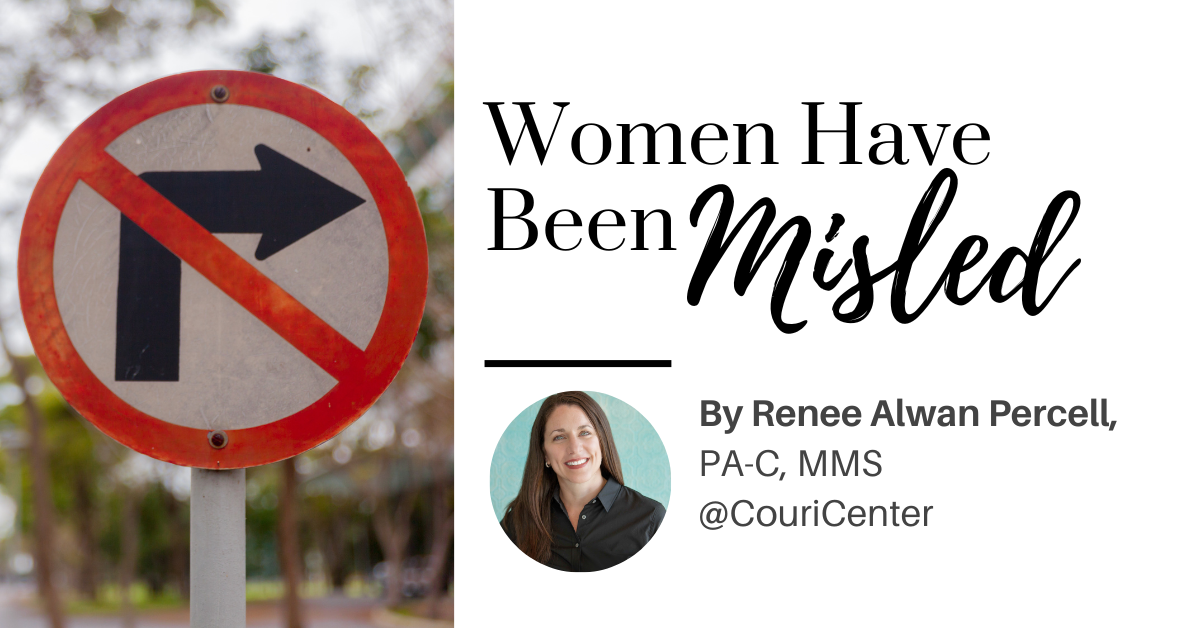
I see dozens of women every week that are misled to believe that the symptoms they are experiencing are part of a “natural process” or related to anxiety and depression. Oftentimes they feel their symptoms are their fault. Symptoms like brain fog, forgetfulness, increased fatigue, no sex drive, hot flashes, insomnia, and anxiety are thought to be issues that women have to deal with. These symptoms have disrupted their lives at home, at work, and in marriage. I am here to tell you that it is not your fault if you experience these symptoms. Many times, these symptoms are a result of hormone imbalance. Women of all ages can have hormone imbalances, contributing to distressing symptoms.
Why is it that so many women do not understand that hormones may be contributing to the way they feel? A grossly limited amount of research is available regarding women’s health, and there is a general lack of teaching men and women how their bodies work. The “anti-hormone” movement began in 2002 following a Women’s Health Initiative study that claimed women who took Hormone Replacement Therapy (HRT) were at an increased risk of cardiovascular disease and breast cancer. This study has since been found to be flawed. In fact, when the results were split down by age, it showed there are benefits to HRT. Those starting on HRT under age 60 may actually be protected by HRT in some health aspects, while those starting on HRT over 70 don’t accrue the same benefits and could be at certain increased risks. In 2022, The North American Menopause Society put out a revised position on HRT. For women aged younger than 60 years or who are within 10 years of menopause onset and have no contraindications, the benefit-risk ratio is favorable for treating bothersome symptoms and prevention of bone loss. For women who initiate hormone therapy more than 10 years from menopause onset or who are aged older than 60 years, the benefit-risk ratio appears less favorable. Not only menopausal women are candidates for HRT. We can also evaluate women in their 30s and 40s for hormone imbalance.
What can you do? You know yourself best. If you don’t feel like yourself or have bothersome symptoms, come in for an evaluation. At the Couri Center, we are thorough and honest about what to expect. If a hormone imbalance matches your symptoms, we can optimize those hormones. If your hormones are optimized, and symptoms persist, it may not be hormone-related. In those cases, we can usually steer you in the right direction through our (TLC) Total Lifestyle By Couri integrative programs that can help with diet and lifestyle modifications. It is an honor to help women feel the best they can. Schedule your visit online via our convenient patient portal, or call 309-692-6838. New patients are welcome. We are here to help.
Be Well,
Renee Alwan Percell, MS, PA-C
CONTACT US-ARTICLE
DISCLAIMER: The information provided on this website is intended for general informational purposes only and is not intended to be a substitute for professional medical advice, diagnosis, or treatment. The information provided is current as of the date of publication or last review, but medical knowledge is constantly evolving, and the information may become outdated over time.
